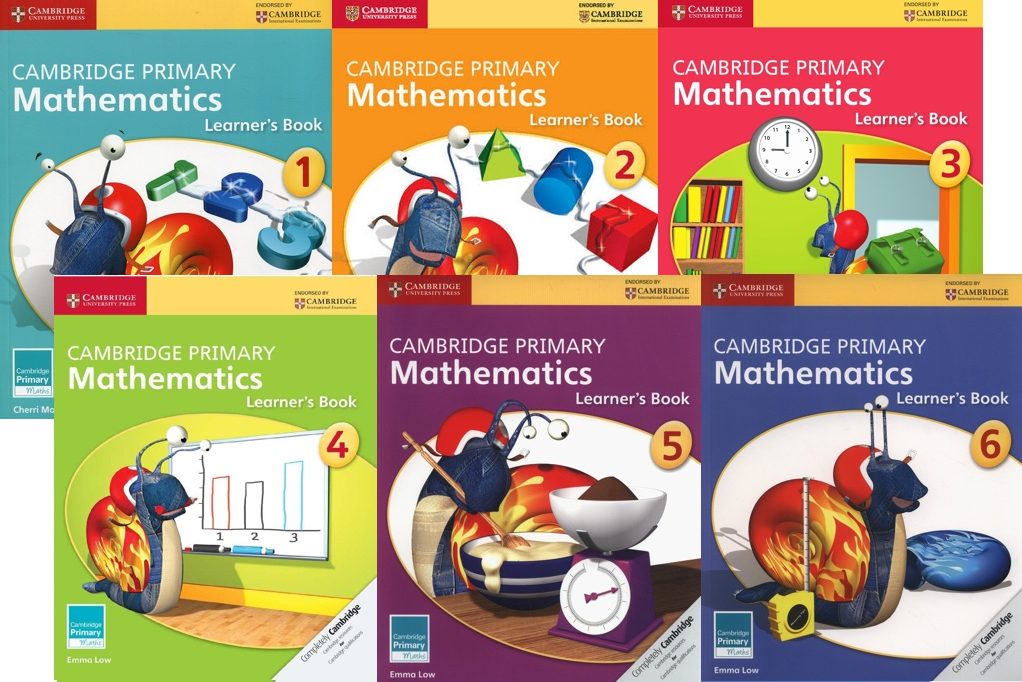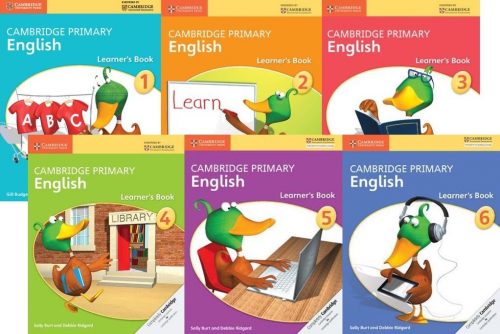Description
Cambridge Primary Mathematics is for learners typically aged 5 to 11. Cambridge Primary curriculum organised into six stages, each stage represents a year in primary education. It focuses on principles, patterns, systems, functions and relationships so that learners can apply their mathematical knowledge and develop a holistic understanding of the subject. It provides a solid foundation upon which the later stages of education can be built.
Cambridge Primary Mathematics explores five content areas:
- Number
- Geometry
- Measure
- Handling data
- Problem solving
This course support progression to Cambridge Lower Secondary Mathematics.
Cambridge Primary Mathematics vs. the National Curriculum for Mathematics
Similarities
- Extensive. By the end of Stage 6, learners following the Cambridge Primary Mathematics curriculum framework will have covered nearly all of the same ground as those following the National Curriculum. The majority of the statutory and non-statutory learning outcomes from Key Stage 1 and 2 of the National Curriculum are covered in the Cambridge Primary Mathematics framework.
- Problem solving remains central to both curricula but the approach is different. The Cambridge curriculum contains a separate curriculum strand relating to problem solving whereas the National Curriculum does not.
Differences
- Much of the work is covered across stages within the Cambridge Primary Mathematics curriculum framework so that a learning outcome from a particular year in the National Curriculum may be partially covered in the equivalent stage of the Cambridge curriculum and completed in the following stage.
- The outcomes for Number in the National Curriculum are more extensive by the end of Stage 6.
- The National Curriculum requires that students are fluent in formal columnar methods of calculation whereas the Cambridge curriculum allows the school to select the calculation method.





